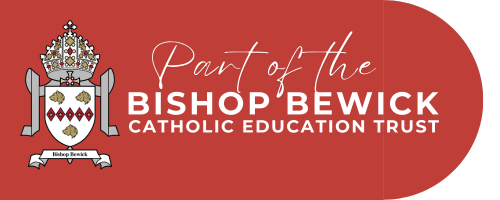Geography

Geography
Intent:
Our intent is to inspire in children a curiosity and fascination about the world and people within it, to promote the children's interest and understanding of diverse places, people, resources and natural and human environments, together with gaining deep understanding of the Earth's key physical and human processes. We want children to become passionate and knowledgeable about our local community and beyond, by learning through experiences in fieldwork activities.
Implementation:
We teach the National Curriculum, which is supported by a comprehensive progression document for staff. This ensures that skills and knowledge are built on year by year and sequenced appropriately to maximise learning for all children. Resources are provided by Geography Specialists at the Bishop Bewick Catholic Education Trust. The local area is fully utilised to achieve desired outcomes, with many planned opportunities for learning outside the classroom. School trips and fieldwork are provided to give first-hand experiences, which enhance children’s understanding of the world beyond their immediate locality.
Our Geography curriculum is designed so that children start with ‘themselves’ and their immediate surroundings and the local area before working out to the UK and the rest of the world.
In Year 1, children focus on the Geographyof the school grounds together with the countries that make up the UK. In Year 2, children progress to learning about the local area and about the seven continents.
In Year 3, continue to expand upon their knowledge of the UK by investigating human and physical features.
In Year 4, children build upon knowledge gained at Key Stage 1, focusing on the continent of Europe.
In Upper Key Stage 2, children then learn about other continents including North and South America.
Units focusing on either human or physical features are carefully sequenced so that learning builds upon, or is connected to, learning that has taken place in the previous unit or year group.
There are regular opportunities to review the learning that has taken place in previous units, as well as previous lessons.
Lesson content and tasks are designed to provide appropriate challenge to all learners, in line with our commitment to inclusion.
Effective CPD materials, including ‘subject knowledge guides’ are available to ensure high levels of confidence and knowledge are maintained.
Teachers use highly effective Assessment for Learning at different points in each lesson to ensure misconceptions are highlighted and addressed.
Small groups of students are selected at the beginning of each lesson to taking part in a pre-teaching activity. This ensures that no child is left behind.
EYFS:
The EYFS curriculum supports children’s understanding of geography through the teaching of ‘Understanding the World’. Children learn about features of their own environment through first-hand experiences and learn how environments and cultures may differ through books, stories, poems, small world play, role play and visits. Children are given time to discuss, comment and ask questions about what they observe about the world around them.
Impact:
By the time pupils leave Sacred Heart Primary School, they will:
Have an excellent knowledge of where places are and what they are like.
Have an excellent understanding of the ways in which places are interdependent and interconnected and how much human and physical environments are interrelated.
Have an extensive base of geographical knowledge and vocabulary.
Be fluent in complex geographical enquiry and the ability to apply questioning skills and use effective analytical and presentational techniques.
Have the ability to reach clear conclusions and develop reasoned arguments to explain findings.
Have highly developed and frequently utilised fieldwork and other geographical skills and techniques.
Have a passion for and commitment to the subject, and a real sense of curiosity to find out about the world and the people who live there.
Have the ability to express well-balanced opinions, rooted in very good knowledge and understanding about current and contemporary issues in society and the environment.
Teachers use various assessment activities during lessons and set a creative assessment task at the end of each unit for pupils. Teachers report on FFT each term to ensure all age-related expectations are met where possible.

